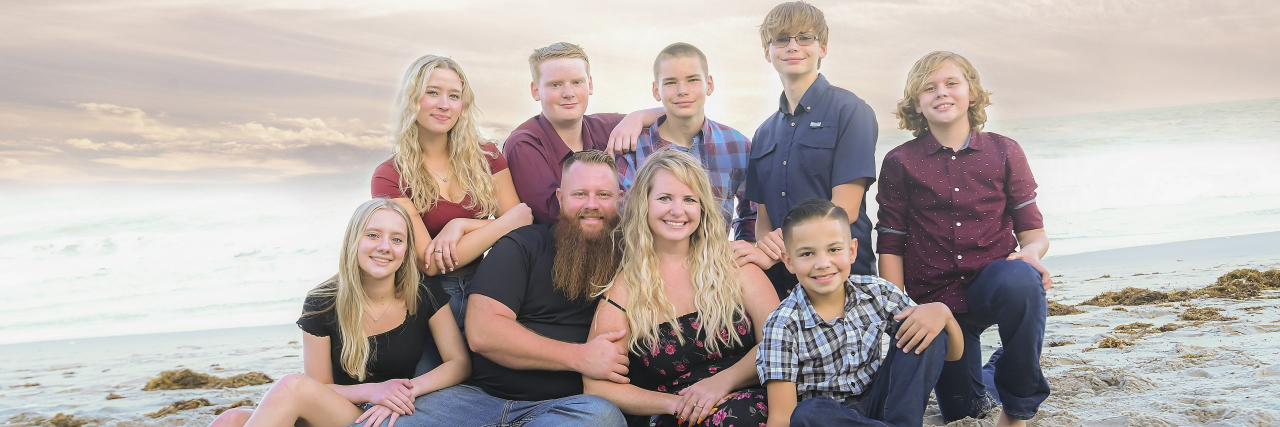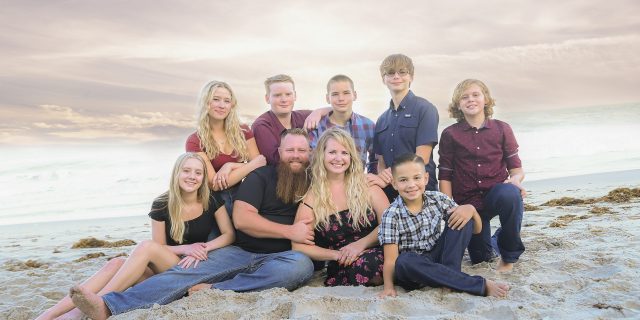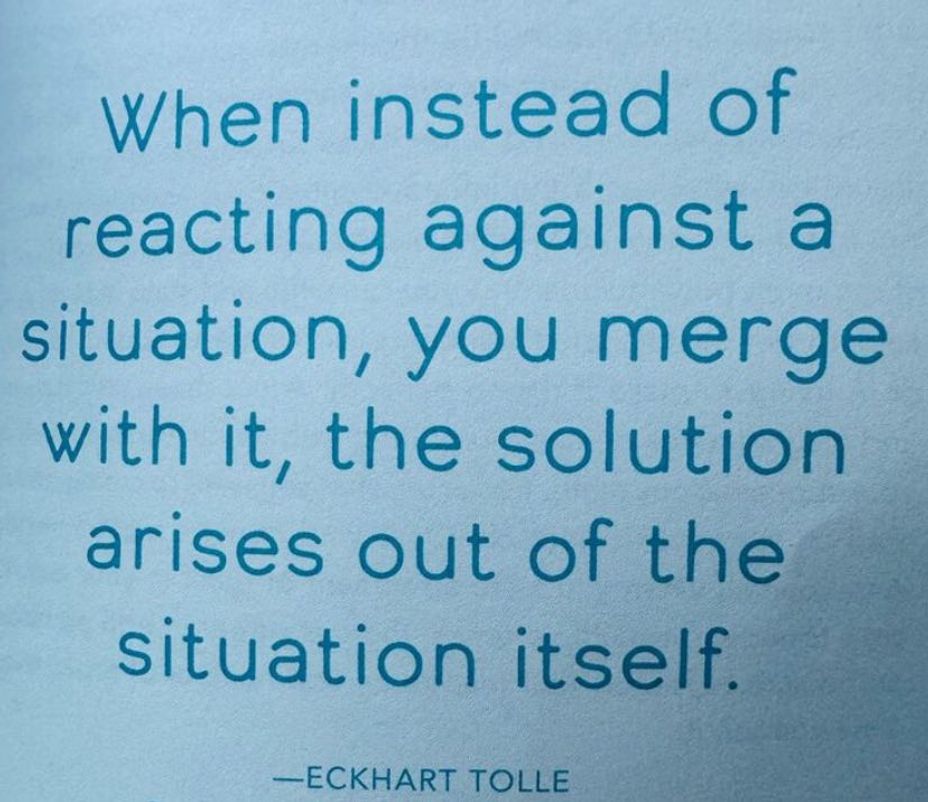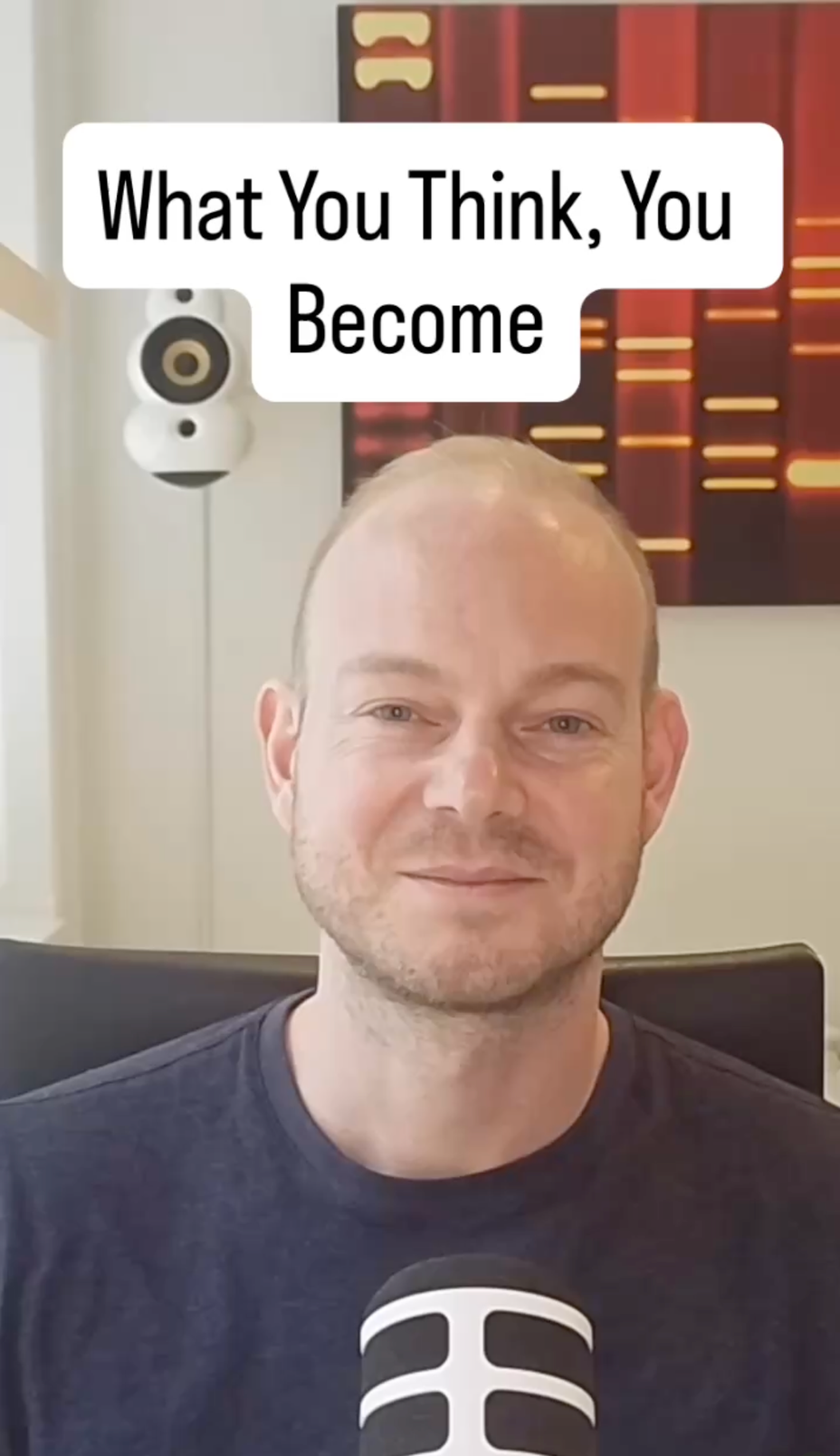I was in an arena that resembled a high school gym, but in a wooded area outside; everything was made of trees and tree branches. The place was a village that housed a religious cult, and I mansplained to a young woman with a long, ash blonde braid down her back how cults abused their members. It wasn’t until later that I understood that she knew that very well. Then I walked down a river bed to a biker rally where I got mixed up in an organized crime ring led by Anthony Michael Hall. Hall played a bully on the sitcom Community, and he appeared as that character in the dream. My refusal to participate in Hall’s scheme resulted in my father and brother appearing tied to a motorcycle. My father had been beaten and my brother appeared as he did just before he died from cancer two years ago. When I woke up the first time, I was choking the living shit out of Anthony Michael Hall.
Upon falling back to sleep, I found myself in my old high school. I sometimes have recurring dreams that the administrative offices are tucked into a small corner of the northwestern part of the building. (The actual admin office is much larger and across from the southeastern entrance.) The offices in the dream resemble the dungeon row doors of the psychology service at the local VA hospital. The principal’s office was labeled, but I could not find her. I went back out into the lobby and saw her. I did not speak to her. I needed help, but knew that she would not help me. She looked like the woman who represented my district in Congress years ago. In real life, I wrote to her about some issue and she never replied. Also, in real life, she can’t be more than four years older than me, so her appearing in a dream as my principal is kind of a neat trick. The meaning isn’t hard to discern. I was harmed by educators more than I was helped by them. I continue to be harmed by politicians more than I have been helped by them. No one is there to help me. Everyone is there to punish.
Then I was walking outside to the bus. A girl I liked was there but she vanished. I couldn’t find a place to sit and my mother was driving the bus erratically. The rear emergency exit opened onto an elongated platform that I stood on while trying to keep from being thrown off the bus. The bus careened through all the neighborhoods it had in real life, and then we were driving through the high school, its hallways somehow big enough to accommodate a school bus tearing through them like a bloated Indy 500 racecar. I woke up still trying to avoid being killed.
My late brother was estranged from our mother, as am I. I was obliged to get back in touch with her, as I represented my brother’s estate and she was one of the heirs. There was a point when she said that if she had known that she would do something that would alienate us, and I didn’t finish reading the email. She would have what? Been the parent she should have been to begin with? What stopped her? Our interactions during this period consisted of her being conciliatory while denying things that happened, punctuated with explosive anger when she was upset by things I said. I don’t have the energy to deal with any of it. My Emotional Support Canadian confirms that my mother was abusive and regards my mother as her enemy. I think it is awesome that twenty percent of the Canadian population is aligned with me against my mother.
#Disability #MightyPoets #Trauma #PTSD #Depression #MentalHealth #Suicide







